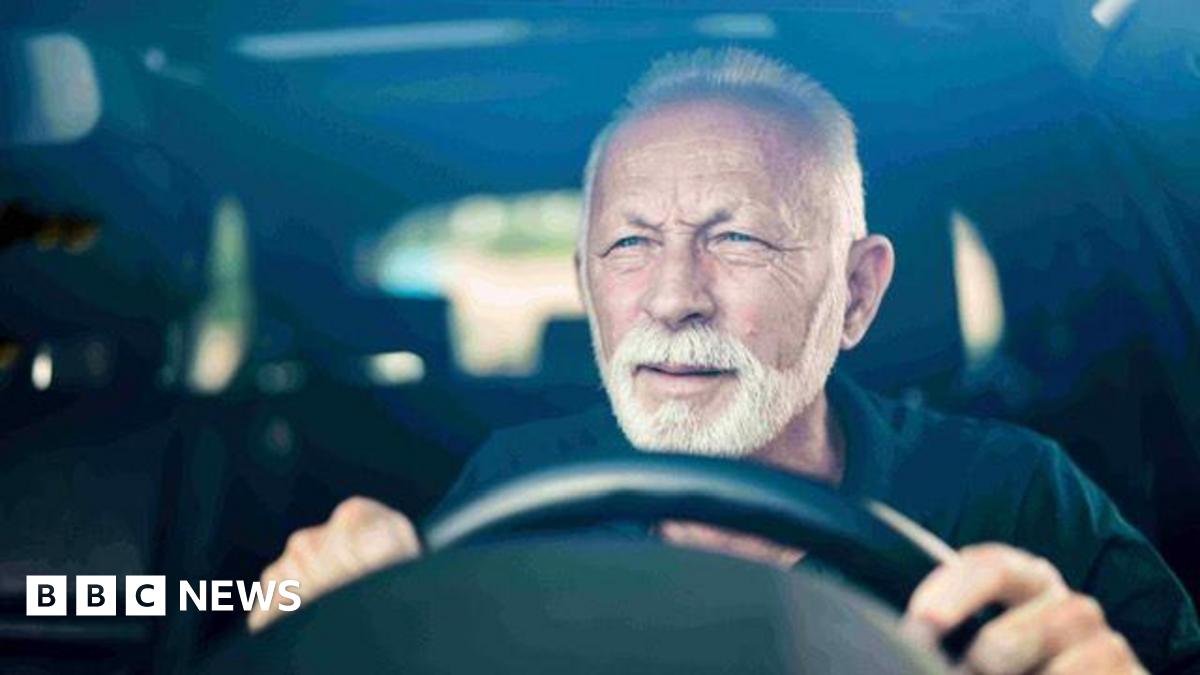Yup your eyes only get worse as you get older, and you are increasingly much more likely to have a serious issue.
"Bad eyesight" at 30 might mean "wear your glasses you idiot" and that you can't read the number plate at the required distance, bad eyesight at 70 is much more likely to mean you can't read the number plate if it's at the end of your bonnet and you've got major issues that cannot be corrected easily with glasses (and some cases even surgical intervention won't help do anything but slow the degeneration).
The former is not necessarily terrible, you can probably still see well enough to not be a major danger, at least at lower speeds, the latter means you're probably not safe even driving at 20mph.
I have no wish to be on the road with anyone who cannot meet the legal requirements for vision, I know exactly how bad people's eyes can get, and how fast once they hit around 60, I've seen it with my father (who was sensible about it), and with other older people, some of whom were exceptionally stupid about it.
As I've said, I wouldn't mind mandatory eye testing to be done every time you renew your licence regardless of age, beside the issues with driver safety it would also probably catch a bunch of eye conditions early enough for them to be effectively treated/prevented from getting worse. It amazes me how many people don't seem to realise your eyes cannot be replaced and the eye test is as much about spotting a problem before it becomes untreatable as it is about getting your new glasses.
"Bad eyesight" at 30 might mean "wear your glasses you idiot" and that you can't read the number plate at the required distance, bad eyesight at 70 is much more likely to mean you can't read the number plate if it's at the end of your bonnet and you've got major issues that cannot be corrected easily with glasses (and some cases even surgical intervention won't help do anything but slow the degeneration).
The former is not necessarily terrible, you can probably still see well enough to not be a major danger, at least at lower speeds, the latter means you're probably not safe even driving at 20mph.
I have no wish to be on the road with anyone who cannot meet the legal requirements for vision, I know exactly how bad people's eyes can get, and how fast once they hit around 60, I've seen it with my father (who was sensible about it), and with other older people, some of whom were exceptionally stupid about it.
As I've said, I wouldn't mind mandatory eye testing to be done every time you renew your licence regardless of age, beside the issues with driver safety it would also probably catch a bunch of eye conditions early enough for them to be effectively treated/prevented from getting worse. It amazes me how many people don't seem to realise your eyes cannot be replaced and the eye test is as much about spotting a problem before it becomes untreatable as it is about getting your new glasses.
Last edited:




 .
.